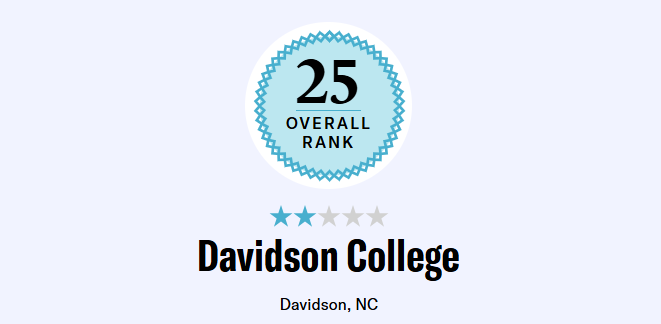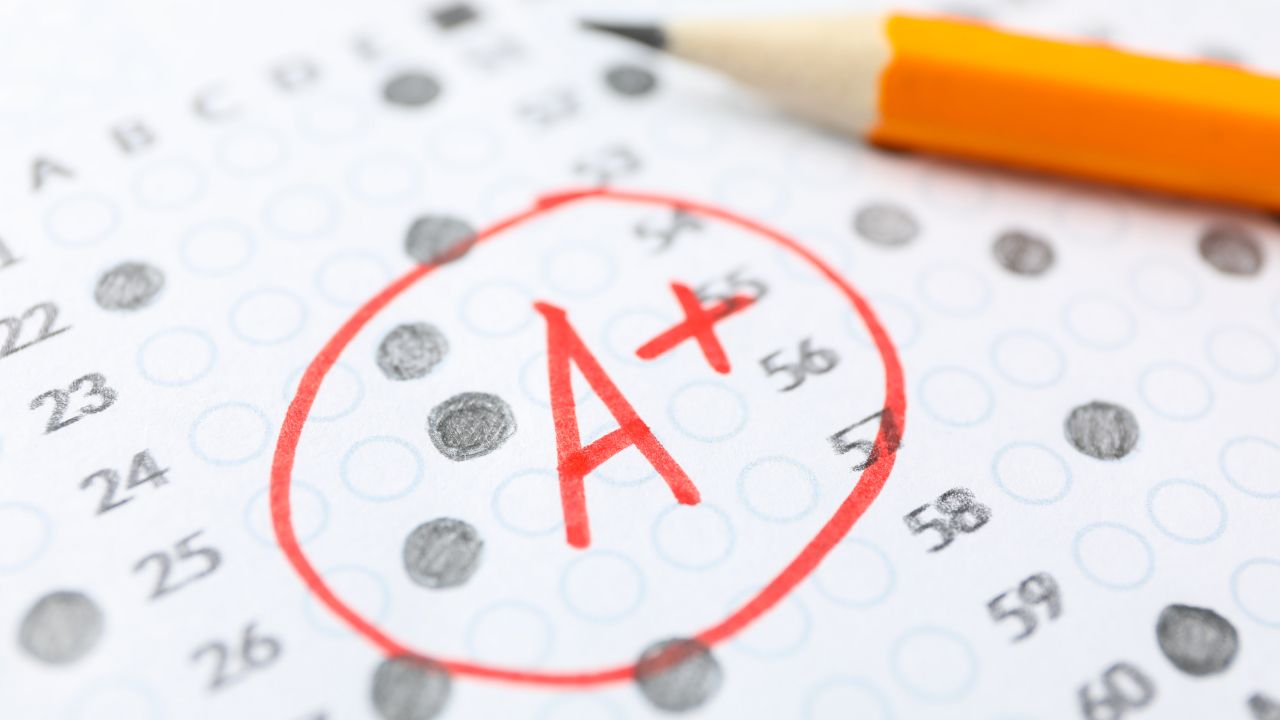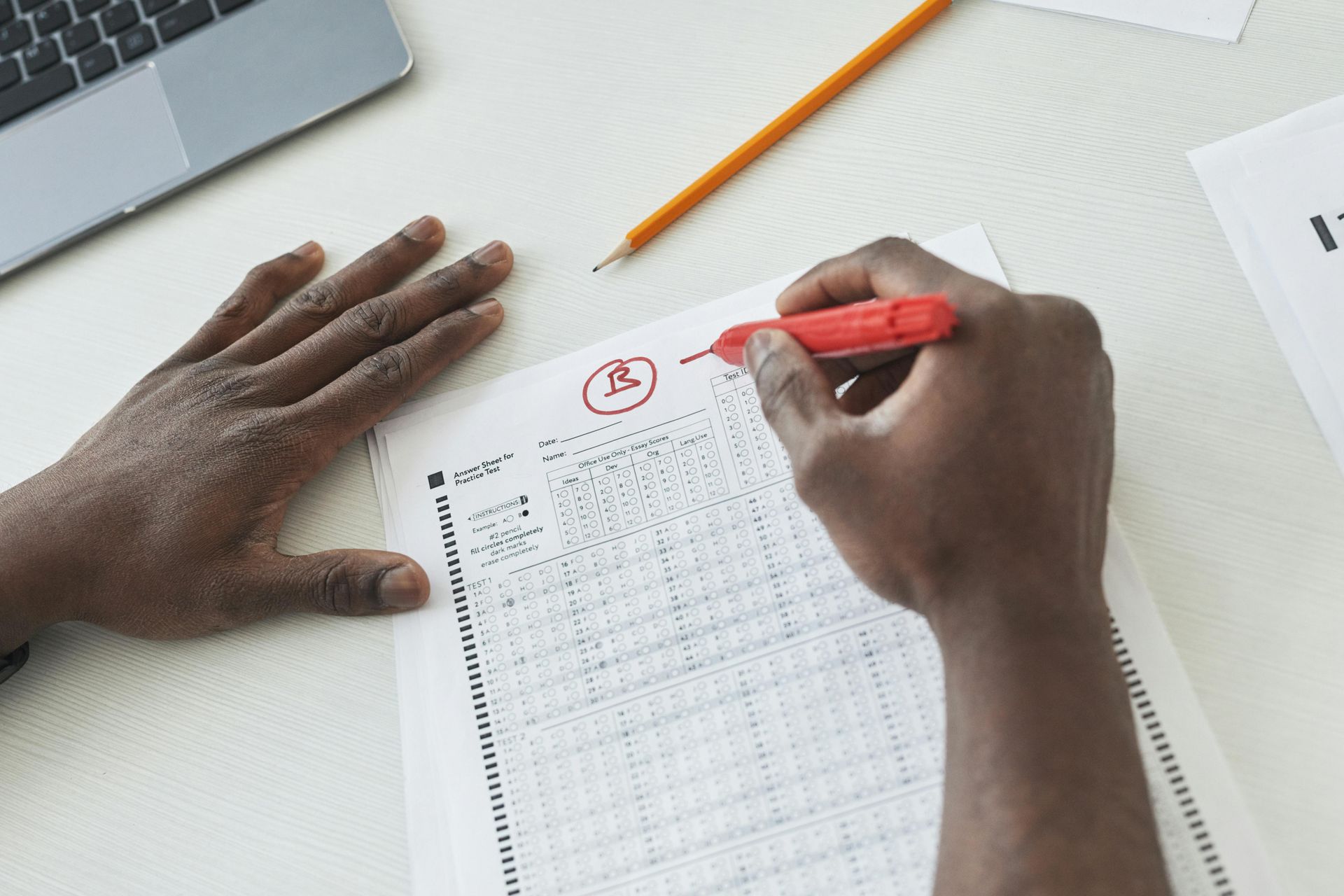The Sins of the Educated Class
By David Brooks
The New York Times
June 6, 2024
When I was young, I was a man on the left. In the early 1980s, I used to go to the library and read early-20th-century issues of left-wing magazines like The Masses and The New Republic. I was energized by stories of workers fighting for their rights against the elites — at Haymarket, at the 1921 Battle of Blair Mountain, on the railways where the Pullman sleeping car porters struggled for decent wages a few years after that. My heroes were all on the left: John Reed, Clifford Odets, Frances Perkins and Hubert Humphrey.
But I got out of college and realized we didn’t live in the industrial age; we live in the information age. The center of progressive energy moved from the working class to the universities, and not just any universities, but the elite universities.
By now we’re used to the fact that the elite universities are places that attract and produce progressives. Working-class voters now mostly support Donald Trump, but at Harvard, America’s richest university, 65 percent of students identify as progressive or very progressive, according to a May 2023 survey of the graduating class.
Today we’re used to the fact that elite places are shifting further and further to the left. Writing for The Harvard Crimson, Julien Berman used A.I. to analyze opinion pieces in college newspapers for their ideological content. “Opinions of student writers at elite universities” in 2000, he found, “weren’t all that more progressive than those at nonelite ones.” But by 2023, opinions at The Crimson had grown about two and a half times more progressive than they were in 2001. More generally, Berman concluded, “Opinion sections at elite universities have gotten significantly more progressive, and they’ve outrun their nonelite counterparts.”
Today, we’re used to the fact that students at elite universities have different interests and concerns from students at less privileged places. Marc Novicoff and Robert Kelchen in May published an investigative report in The Washington Monthly titled “Are Gaza Protests Happening Mostly at Elite Colleges?” They surveyed 1,421 public and private colleges and concluded, “The answer is a resounding yes.”
A few schools with a large number of lower-income students, they found, had Gaza protests, “but in the vast majority of cases, campuses that educate students mostly from working-class backgrounds have not had any protest activity.” Among private schools, encampments and protests “have taken place almost exclusively at schools where poorer students are scarce and the listed tuitions and fees are exorbitantly high.”
I went to an elite university and have taught at them. I find them wonderful in most ways and deeply screwed up in a few ways. But over the decades and especially recently, I’ve found the elite, educated-class progressivism a lot less attractive than the working-class progressivism of Frances Perkins that I read about when I was young. Like a lot of people, I’ve looked on with a kind of dismay as elite university dynamics have spread across national life and politics, making America worse in all sorts of ways. Let me try to be more specific about these dynamics.
The first is false consciousness. To be progressive is to be against privilege. But today progressives dominate elite institutions like the exclusive universities, the big foundations and the top cultural institutions. American adults who identify as very progressive skew white, well educated and urban and hail from relatively advantaged backgrounds.
This is the contradiction of the educated class. Virtue is defined by being anti-elite. But today’s educated class constitutes the elite, or at least a big part of it. Many of the curiosities of our culture flow as highly educated people try to resolve the contradiction between their identity as an enemy of privilege, and the fact that, at least educationally and culturally, and often economically, they are privileged.
Imagine you’re a social justice-oriented student or a radical sociologist, but you attend or work at a university with a $50 billion endowment, immense social power and the ability to reject about 95 percent of the people who apply. For years or decades, you worked your tail off to get into the most exclusive aeries in American life, but now you’ve got to prove, to yourself and others, that you’re on the side of the oppressed.
Imagine you graduated from a prestigious liberal arts college with a degree in history and you get a job as a teacher at an elite Manhattan private school. You’re a sincere progressive down to your bones. Unfortunately, your job is to take the children of rich financiers and polish them up so they can get into Stanford. In other words, your literal job is to reinforce privilege.
This sort of cognitive dissonance often has a radicalizing effect. When your identity is based on siding with the marginalized, but you work at Horace Mann or Princeton, you have to work really hard to make yourself and others believe you are really progressive. You’re bound to drift further and further to the left to prove you are standing up to the man.
This, I think, explains the following phenomenon: Society pours hundreds of thousands of dollars into elite students, gives them the most prestigious launching pads fathomable, and they are often the ones talking most loudly about burning the system down.
This also explains, I think, the leftward drift of the haute bourgeoisie. As the sociologist Musa al-Gharbi puts it in his forthcoming book, “We Have Never Been Woke”: “After 2011, there were dramatic changes in how highly educated white liberals answered questions related to race and ethnicity. These shifts were not matched among non-liberal or non-Democrat whites, nor among nonwhites of any political or ideological persuasion. By 2020, highly educated white liberals tended to provide more ‘woke’ responses to racial questions than the average Black or Hispanic person.”
Progressivism has practically become an entry ticket into the elite. A few years ago, a Yale admissions officer wrote, “For those students who come to Yale, we expect them to be versed in issues of social justice.” Recently Tufts included an optional essay prompt that explicitly asked applicants what they were doing to advance social justice.
Over the years the share of progressive students and professors has steadily risen, and the share of conservatives has approached zero. Progressives have created places where they never have to encounter beliefs other than their own. At Harvard, 82 percent of progressives say that all or almost all of their close friends share their political beliefs.
A lot of us in the center left or the center right don’t want to live amid this much conformity. We don’t see history as a zero-sum war between oppressor and oppressed. We still believe in a positive-sum society where all people can see their lives improve together.
The second socially harmful dynamic is what you might call the cultural consequences of elite overproduction. Over the past few decades, elite universities have been churning out very smart graduates who are ready to use their minds and sensibilities to climb to the top of society and change the world. Unfortunately, the marketplace isn’t producing enough of the kinds of jobs these graduates think they deserve.
The elite college grads who go into finance, consulting and tech do smashingly well, but the grads who choose less commercial sectors often struggle. Social activists in Washington and other centers of influence have to cope with sky-high rents. Newspapers and other news websites are laying off journalists. Academics who had expected to hold a prestigious chair find themselves slaving away as adjunct professors.
In a series of essays culminating in his book “End Times: Elites, Counter Elites and the Path of Political Disintegration,” Peter Turchin argued that periods of elite overproduction lead to a rising tide of social decay as alienated educated-class types wage ever more ferocious power struggles with other elites. This phenomenon most likely contributed to surges in social protest during the late 1960s, the late 1980s and then around 2010. Research using Google nGrams shows that discourse mentioning “racism” spiked around each of these three periods.
Elite overproduction was especially powerful during the period after the financial crisis. In the early 2010s, highly educated white liberals increasingly experienced a disproportionate rise in depression, anxiety and negative emotions. This was accompanied by a sharp shift to the left in their political views. The spread of cancel culture and support for decriminalizing illegal immigration and “defunding the police” were among the quintessential luxury beliefs that seemed out of touch to people in less privileged parts of society. Those people often responded by making a sharp countershift in the populist direction, contributing to the election of Donald Trump and to his continued political viability today.
As a nonprogressive member of the educated class, I’d say that elite overproduction induces people on the left and the right to form their political views around their own sense of personal grievance and alienation. It launches unhappy progressives and their populist enemies into culture war battles that help them feel engaged, purposeful and good about themselves, but it seems to me that these battles are often more about performative self-validation than they are about practical policies that might serve the common good.
The third dynamic is the inflammation of the discourse. The information age has produced a vast cohort of people (including me) who live by trafficking in ideas — academics, journalists, activists, foundation employees, consultants and the various other shapers of public opinion. People in other sectors measure themselves according to whether they can build houses or care for seniors in a nursing home, but people in our crowd often measure ourselves by our beliefs — having the right beliefs, pioneering new beliefs, staying up-to-date on the latest beliefs, vanquishing the beliefs we have decided are the wrong beliefs.
Nothing is more unstable than a fashionable opinion. If your status is defined by your opinions, you’re living in a world of perpetual insecurity, perpetual mental and moral war. The man who saw all this coming was the French sociologist Pierre Bourdieu, who started his major works with a book called “Distinction” in 1979.
Bourdieu argued that just as economic capitalists use their resource — wealth — to amass prestige and power, people who form the educated class and the cultural elite, symbolic capitalists, use our resources — beliefs, fancy degrees, linguistic abilities — to amass prestige, power and, if we can get it, money.
Symbolic capitalists, Bourdieu continued, wage daily battles of consecration, battles over what will be admired and what will be disdained, who gets to be counted among the elect and who is counted among the damned.
Bourdieu’s work is so powerful because it shows how symbolic capitalists turned political postures into power tools that enable them to achieve social, cultural and economic might. If exchanging viewpoints is turned into a struggle for social position, then of course conversation will assume the brutality of all primate dominance contests.
These sorts of battles for symbolic consecration are now the water in which many of us highly educated Americans swim. In the absence of religious beliefs, these moral wars give people a genuine sense of meaning and purpose. They give people a way of acting in the world that they hope will shift beliefs and produce a better society.
But it’s awful to live in a perpetual state of cultural war, and it’s awful to live in a continual state of social fear. The inflammation of the discourse serves the psychic and social self-interests of the combatants, but it polarizes society by rendering a lot of people in the center silent, causing them to keep their heads down in order to survive.
Will these three dynamics continue to drive American society batty?
I can tell a story in which those of us in the educated class, progressive or not, come to address the social, political and economic divides we have unwittingly created.
In this reality we would face up to the fact that all societies have been led by this or that elite group and that in the information age those who have a lot of education have immense access to political, cultural and economic power. We would be honest about our role in widening inequalities. We would abhor cultural insularity and go out of our way to engage with people across ideology and class. We would live up to our responsibilities as elites and care for the whole country, not just ourselves. Most important, we would dismantle the arrangements that enable people in our class to pass down our educational privileges to our children, generation after generation, while locking out most everyone else.
That would mean changing the current college admissions criteria, so they no longer massively favor affluent young kids whose parents invest in them from birth. That would also mean opening up many other pathways so that more people would find it easier to climb the social ladder even if they didn’t get into a selective college at age 18.
But there is another possible future. Perhaps today’s educated elite is just like any other historical elite. We gained our status by exploiting or not even seeing others down below, and we are sure as hell not going to give up any of our status without a fight.
To see how likely this second possibility is, I urge you to preorder al-Gharbi’s “We Have Never Been Woke.” It comes out this fall, and it announces him as a rising intellectual star.
I really can’t tell what al-Gharbi’s politics are — some mixture of positions from across the spectrum maybe. He does note that he is writing from the tradition of Black thinkers — stretching back to W.E.B. Du Bois — who argue that white liberals use social justice issues to build status and make themselves feel good while ultimately offering up “little more than symbolic gestures and platitudes to redress the material harms they decry (and often exacerbate).”
He observes that today’s educated-class activists are conveniently content to restrict their political action to the realm of symbols. In his telling, land acknowledgments — when people open public events by naming the Indigenous peoples who had their land stolen from them — are the quintessential progressive gesture.
It’s often non-Indigenous people signaling their virtue to other non-Indigenous people while doing little or nothing for the descendants of those who were actually displaced. Educated elites rename this or that school to erase the names of disfavored historical figures, but they don’t improve the education that goes on within them. Student activists stage messy protests on campus but don’t even see the custodial staff who will clean up afterward.
Al-Gharbi notes that Black people made most of their progress between the late 1940s and the mid-1960s, before the rise of the educated class in the late 1960s, and that the educated class may have derailed that progress. He notes that gaps in wealth and homeownership between white and Black Americans have grown larger since 1968.
He suggests that educated elites practice their own form of trickle-down economics. They imagine that giving diverse college grads university administration jobs and other social justice sinecures will magically benefit the disadvantaged people who didn’t go to college.
He charges that while members of the educated class do a lot of moral preening, their lifestyles contribute to the immiserations of the people who have nearly been rendered invisible — the Amazon warehouse worker, the DoorDash driver making $1.75 an hour after taxes and expenses.
That rumbling sound you hear is the possibility of a multiracial, multiprong, right/left alliance against the educated class. Donald Trump has already created the nub of this kind of movement but is himself too polarizing to create a genuinely broad-based populist movement. After Trump is off the stage, it’s very possible to imagine such an uprising.
Ruh-roh. The lesson for those of us in the educated class is to seriously reform the system we have created or be prepared to be run over.
David Brooks has been a columnist with The Times since 2003. He is the author, most recently, of “How to Know a Person: The Art of Seeing Others Deeply and Being Deeply Seen.” @nytdavidbrooks
https://www.nytimes.com/2024/06/06/opinion/elites-progressives-universities.html



